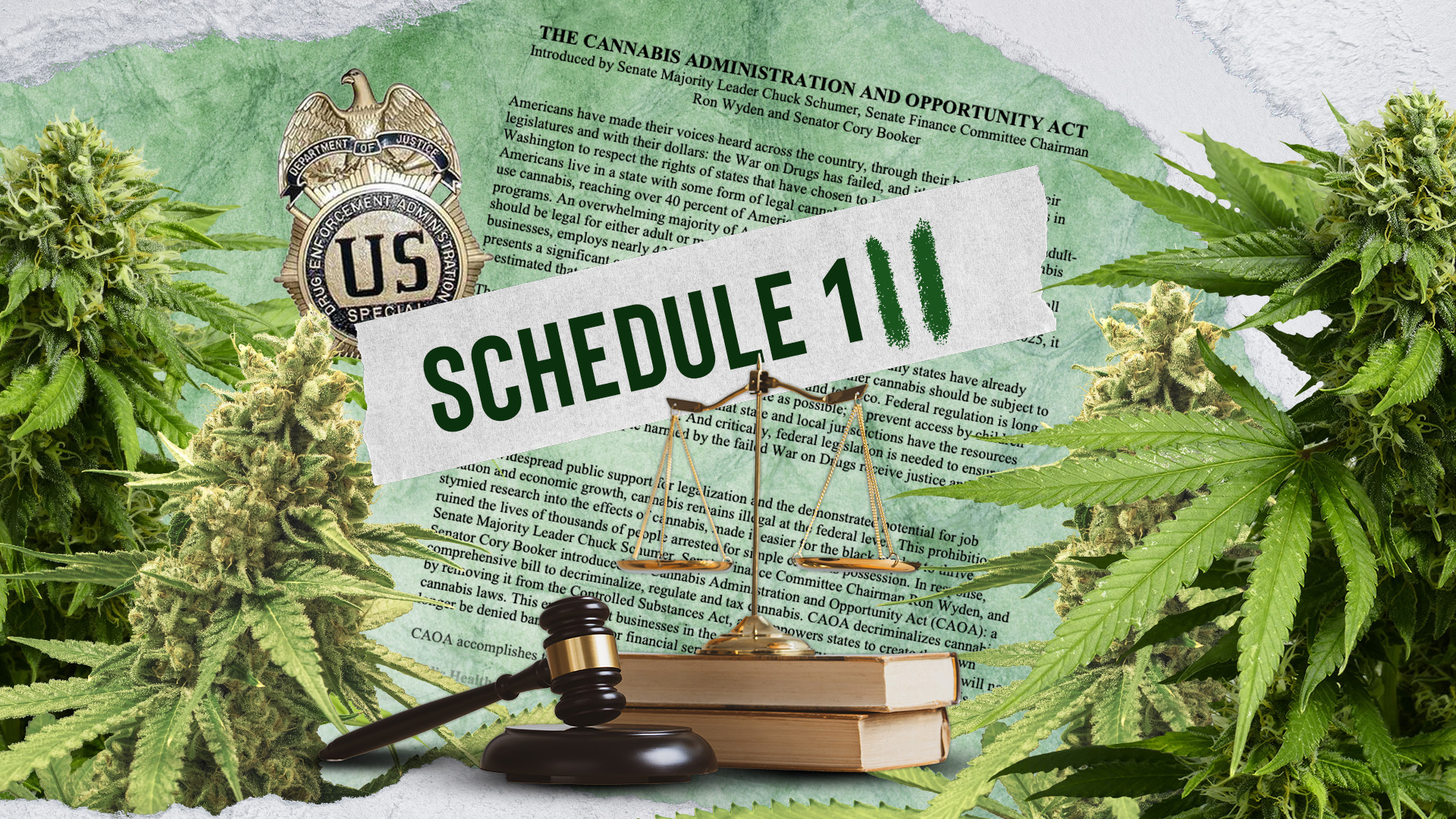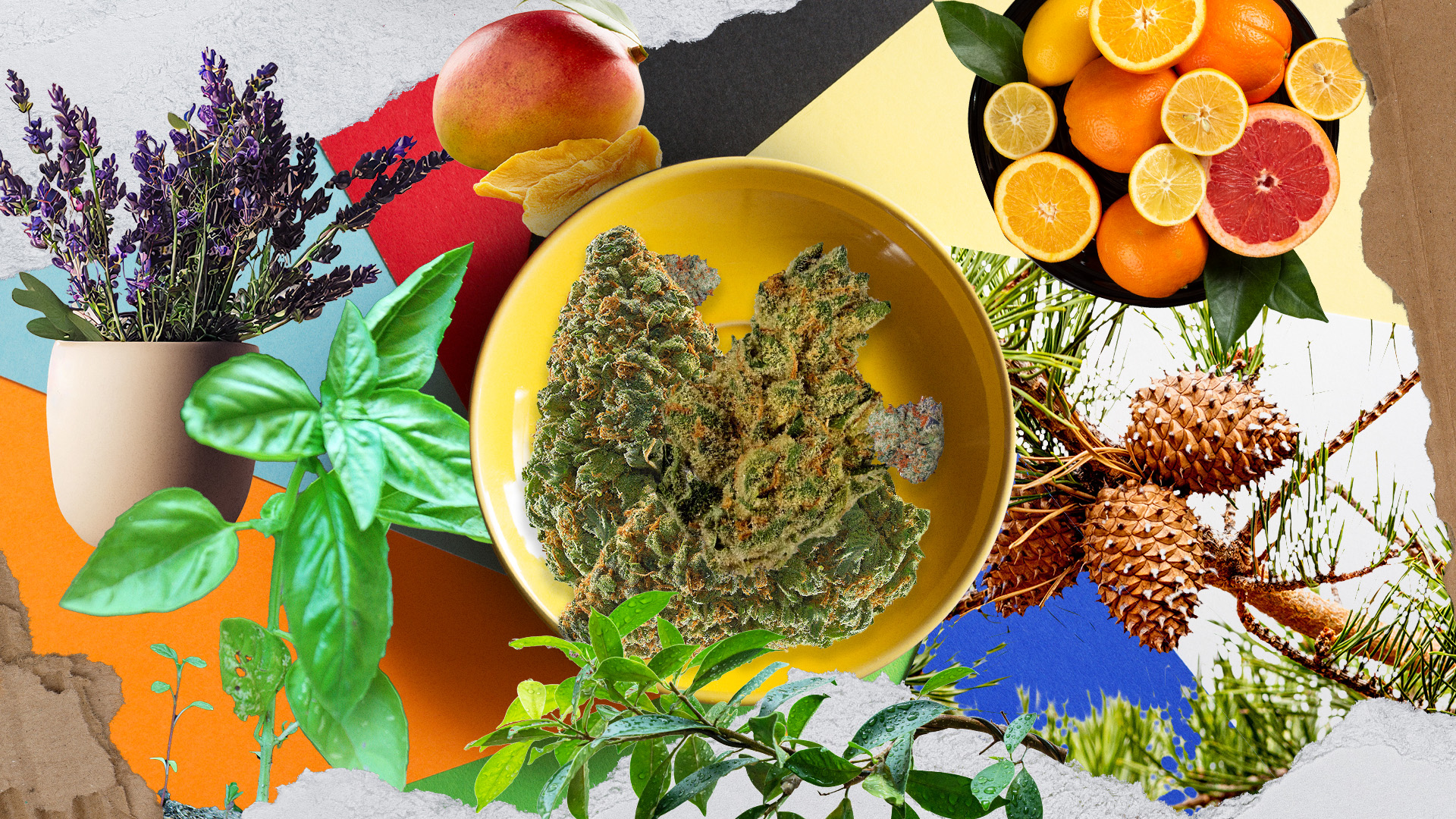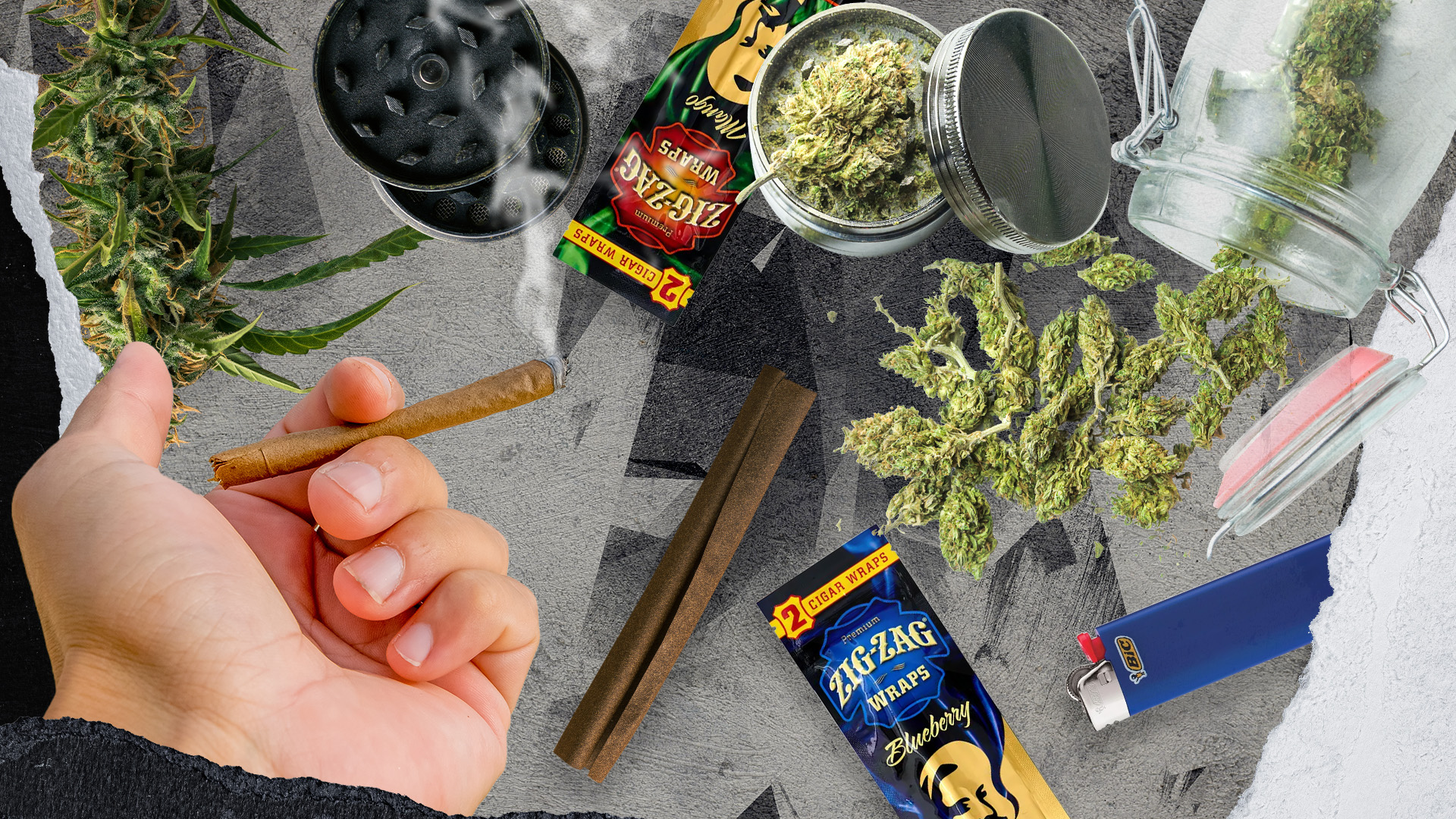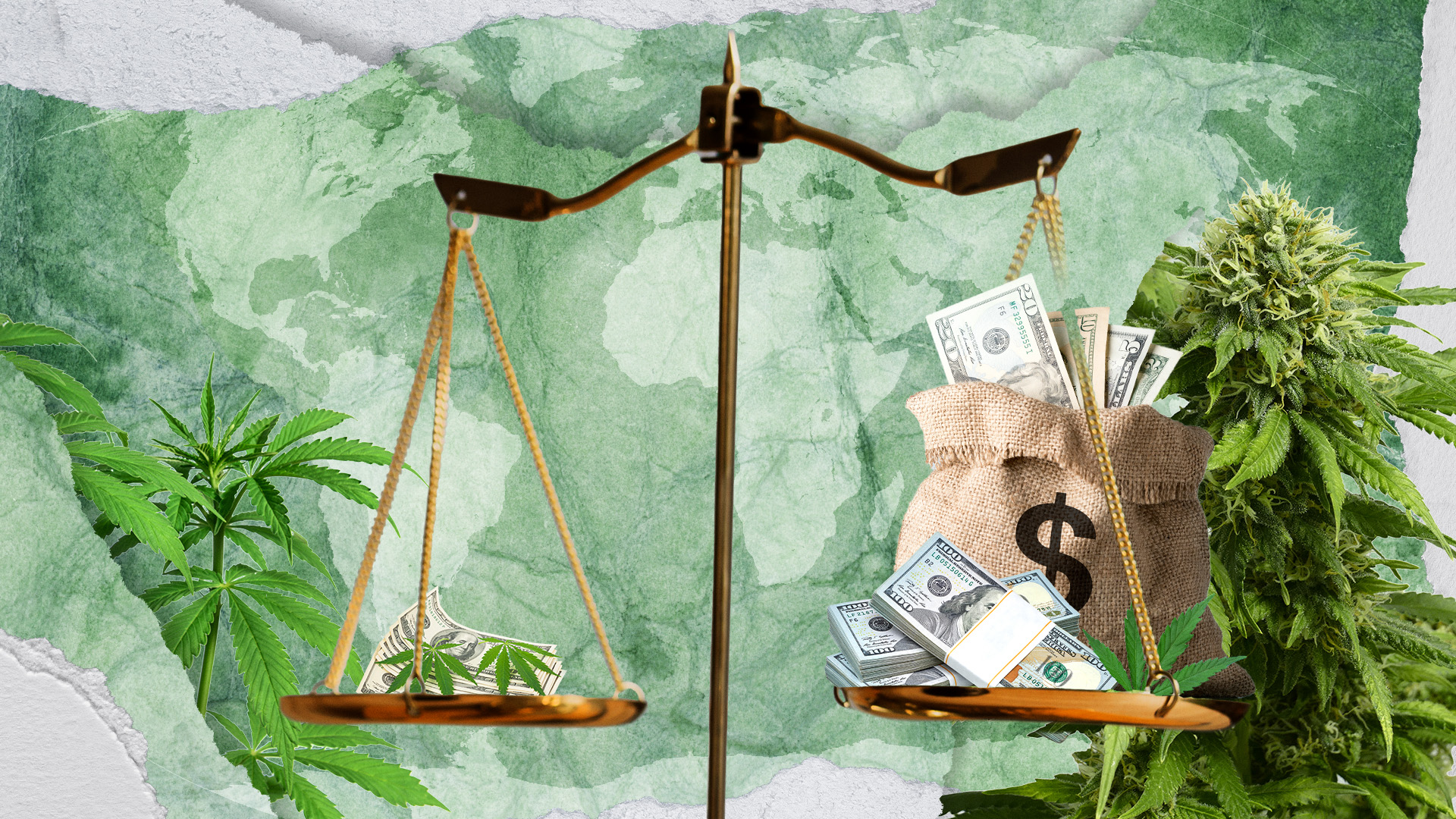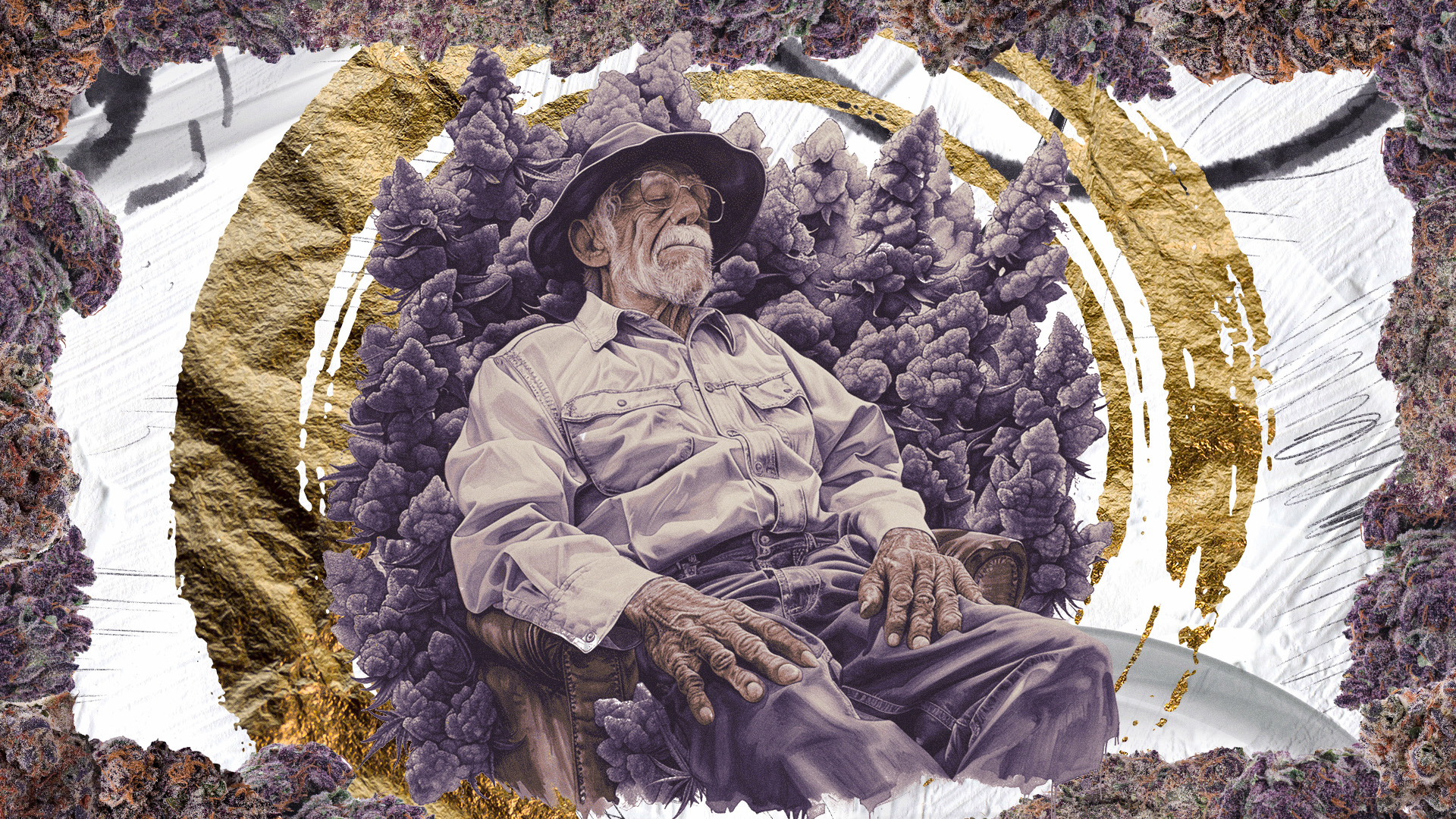1-833-663-7284 (Customer Support Available 24/7)
Make an appointment
Applying for your medical marijuana card is easier than ever. Just book an appointment. Talk to a doctor. And get your card. Bing. Bam. Boom.
Content hub
Let us be your cannabis companion. Explore lifestyle hacks, how-to guides, and the latest in cannabis news.
Resources
Your medical cannabis journey simplified: find partnered dispensaries, explore pricing options, earn rewards, and get answers to FAQs, all in one spot.
Contact
Get in touch your way, any time. Discover partnership opportunities or ask us a question.










